How the British Exploited Sri Lanka
By J.B. Müller
Posted on May 26th, 2012
The Sri Lankan Diaspora overseas (mainly in Australia, Britain, Canada, New Zealand and the USA) eagerly and indiscriminately absorbs everything appearing about their Motherland in the international print and electronic media. All what is done is done in the naïve belief that there isn’t a spin on the news and that it is completely unbiased and objective. Nothing could be further from the truth! Of course, expatriates would like to believe that the BBC, VOA, Deutsche Welle, and CNN, and others are feeding their hungry and even curious minds with the unadulterated truth.
It might be useful for those in the Diaspora to know, understand and acknowledge that Sri Lankans are no longer Eurocentric Anglophiles having at long last seen through the various Anglo-Saxon-Celtic ploys to continue their domination and exploitation by other, indirect means. No longer are Sri Lankans willing to regard their erstwhile masters as ‘superior’ beings with a ‘higher’ civilization to which they should slavishly defer. Those ‘good old days’ are gone and good riddance!
Sri Lanka is a very old country with a long history of civilization and a matured polity unlike some ‘Johnny-come-lately’ countries with hardly 500 years of history. The latter period of its history was marred by 443 years of European exploitation, each European power building on its predecessors to refine its instruments of exploitation. The British were the worst and the bloodiest when it came to merciless brutality as is evidenced by the manner in which it quelled the uprising of the Kandyans between 1818 and 1822. It committed genocide before that word was coined by slaughtering every man, woman, and child (including babes suckling at the breast!) in the Uva Province .
That province comprised of the present Badulla and Moneragala Districts is yet to recover and is just now being developed by government. The Colonial Office 54 series of documents available at the Public Records Office in London holds all the General Orders issued by Lt. Gen. Sir Robert Brownrigg, governor and c-in-c, to Maj. General Hay McDowall and the correspondence with the Colonial Secretary, the Earl of Bathurst. (The Great Rebellion of 1818 by Prof. Tennekoon Vimalananda, Five Volumes, Gunasena Historical Series, Colombo, 1970)
In 1823 the British began selling Crown Land at two shillings an acre to British entrepreneurs—first, to cultivate cinchona [from which quinine is obtained], then coffee, then tea and rubber—from which they made huge profits for 149 years—and Mincing Lane and the members of the London Stock Exchange prospered beyond the dreams of avarice. (Land Reform Commission Report by Colvin R. de Silva, tabled in Parliament)
They created a huge ethnic and social problem by transporting indentured labour from the Ramnad district of Madras Presidency (present day Tamil Nadu). These helpless people were auctioned off at Matale like the African slaves at Charleston, SC, and families were cruelly torn apart. They reached Matale walking over 100 miles from Talaimannar along a route that came to be known as the ‘Skeleton Road’ because of the numbers that had perished by the wayside from hunger, thirst, snakebite, attack by wild beasts, cholera, dysentery, and what-have-you.
Their tragedy has been carefully documented by Donovan Moldrich in his ‘Bitter Berry Bondage’—the story of the 19th century coffee workers in Sri Lanka . Another Burgher author, Lorna Ruth Wright, OAM, wrote “Just another shade of Brown” which graphically details the sexual exploitation of the women plantation workers and the creation of the Eurasian Community (disowned by their very prim and proper British fathers!) Many authors domestic and foreign have written about what colonialism did to Sri Lanka (Ceylon up to 1972) and it is a wonder that the people of this country tolerated what was done to them for so long, so patiently. (‘Bitter Berry Bondage’ by Donovan R. Moldrich and ‘Just another shade of brown’ by Lorna R. Wright)
Father Paul Caspersz, SJ, head of Satyodaya, Kandy, has been labouring amongst the Tamil plantation workers of Indian origin for decades and has written extensively about how these human beings have been mercilessly exploited. They have lived in sub-human conditions for over one hundred years and their emancipation has been a long and hard struggle to restore to them their intrinsic dignity as human beings. (Satyodaya Centre, Kandy, Sri Lanka)
When I was working at the then Ceylon Broadcasting Corporation as a Relief Announcer on the Commercial Service I distinctly remember reading a sign affixed to the gate of a British Club facing the Dutch Burgher Union headquarters which said: “Natives and dogs NOT allowed.” This was in 1969! I phoned friends working on the ‘Ceylon Daily News’ and they sent a photographer round to snap a picture. It was published and shortly thereafter the Government ordered the Club to take down the offending notice. Do any self-respecting people endowed with inherent dignity have to tolerate such barefaced arrogance?
Britain was one of the most ‘successful’ imperial powers on earth and they created a worldwide empire (on which the sun never set because it was everywhere on the globe) and bled its colonies. London is such a magnificent city despite its foul weather because it has risen, literally, on the blood, sweat and tears of countless millions in Asia, Africa, Latin America, the Caribbean, and Australia. In their imperial schema of things Australia produced the wool, New Zealand the milk, Malaya the rubber, Ceylon the tea, Rhodesia the tobacco, South Africa the diamonds and gold, Mauritius the sugar, West Africa the cocoa and so on—to the great delight of those who sat in London and counted their pounds, shillings and pence.
They didn’t mind exploiting their own in the textile mills of Lancashire and the coal mines of Scotland . [Charles Dickens]. The exported their poor Scots, Irish, and Welsh to all these colonies to supervise the black, brown and yellow natives [and the ‘half-caste’ Eurasian offspring known as Burghers, Anglos and even bastards]. The slightest rumble from their workers and the Redcoats (now Khakied) were there to shoot their b***s off!
Look at the Burghers. The British looked down on them with great disdain classifying them as ‘half-castes’ and included them amongst the indigenous population. In 1796 they issued the Burghers an ultimatum—learn English or leave. Many who had the means went to Batavia (modern Jakarta). The others stayed and learned the new tongue. Very soon, these Burghers knew better English than the British themselves and were therefore enlisted in that great corps of clerks that they employed. These Burghers also learned how to play cricket and challenged the British to a one-day on Galle Face Green.
They were superciliously asked what the name of their ‘club’ was to which a Burgher sharply retorted: “Nondescripts Cricket Club, Sir!” The name stuck. The club still exists (from 1889). So do the ‘nondescript’ Burghers. The entire British establishment including the ‘shoppies’ turned out one fine Sunday morning to watch these half-caste upstarts being licked. The imperial governor himself came and occupied the clubhouse that now stands before the Taj Samudra Hotel.
Well, to cut a long story short, the Burgher ‘nondescripts’ beat the British who were ‘hoist with their own petard!’ They were learning, ever so painfully, that other people were not only their equals but could also better them in many spheres and they learned this lesson on this Island.(People Inbetween by Michael Roberts, Ismeth Raheem, Percy Colin-Thômé, Sarvodaya, Ratmalana, 1989).
There is no land on the globe that the British touched that has not been left with a wholly untenable legacy of problems: India with Pakistan have Kashmir; the Holy land has Jewish Israel contending with Arab Palestine; the Cypriots are divided between the Greeks and the Turks; Africa is an indescribable mess. Glaring problems were created on the North American continent with the marginalization of the native Amerindian and Inuit peoples not to mention the stand-off between Blacks and Whites. In Australia the original inhabitants, the aborigines were decimated and then marginalized whilst their land was robbed from them by white colonists.
It is a despicable record of man’s inhumanity to man carried forward on the specious premise that ‘White is Right’ and because they had a head-start in the practice of barbarism! What is even more despicable is that their so-called ‘Christianity’ condoned their barefaced discrimination and unfettered brutality.
Today, these Anglo-Saxon-Celts pontificate to the whole world about human rights—yes, fundamental human rights which they denied millions from the 16th to the 20th centuries of the Common Era. They sanctimoniously presume to interfere in the internal affairs of countries that attempt to stand-up to their bullying (amply exposed by Wiki-Leaks). The ongoing bloodletting in Afghanistan and Iraq demonstrate their manifest hypocrisy.
They left behind what were basically alien concepts, structures, systems, and constitutions that have confused and confuted the peoples they formerly ruled. They uprooted and deliberately destroyed indigenous systems that had endured for millennia and which the indigenous people were comfortable with. Today, the peoples of these lands are divided into innumerable factions and cliques contending bloodily for command and control in the name of the ‘democracy’ they left behind. They are happy with what they see because it is a continuation of their ‘divide et imperia’ or ‘divide and rule’ policy. It is easy to manipulate and exploit those who are divided!
Sri Lanka’s problems which some expatriates gleefully point out (as a justification for their living overseas) is a damaging inheritance bequeathed by the departing British to a class of indigenous people brainwashed and nurtured by them in their own image: the English-speaking Middle Classes represented by several leading families of Low-country upstarts and Up-country traitors. These families have lick-spittle hangers-on who have attained some upward social mobility and the privileges that go with that mobility and occupy the second and third tiers of governance. Whether they inhabit the governing party or the Opposition or their sundry and various coalition cohorts they have become the ‘corrupt of the earth.’
The decent and law-abiding majority are a patient, tolerant and hospitable people (sometimes referred to as the ‘broad masses’) who have taken much abuse. If you believe the many travellers who passed through, they are a giving and forgiving people. If we are to trust the historical record, these gentle, hard-working people have been driven to and fro by the Pandyans, Cholas, Cheras, Pallavas and Javakas; then, by the Portuguese, the Dutch and the British—each, in turn, more subtly brutal than the previous.
Ever since 1186, when the indigenous polity began disintegrating with the breakdown of central authority [and fissiparous tendencies manifested themselves], there has been a traumatic crisis that is yet to come to a conclusion. We know that history works in cycles and that that conclusion will come, perhaps unobtrusively or dramatically to sweep away the detritus of several centuries.
True civilization does not consist of the worship of science & technology or the tinsel and glitter of modernity or of roads, railways, harbours, airports, and the frenzied rush one might be bemused by. It consists of the maturity and wisdom gained through the practice of virtue, the development of good moral character, to decent family life and values, the unswerving commitment to social justice and equity. This also means and implies the practice and active pursuit of harmlessness and a belief in the sacredness of all life—all mankind is of one blood.
The serene tranquility of spirit thus attained is a universal norm that needs no sectarian labels. This is the civilization that grew and was nurtured on this Island for centuries until rudely and repeatedly disturbed. It is yet the goal of those who appreciate the intrinsic beauty of Nature rather than that of soulless concrete, glass and steel.
Let’s discuss this further if you are minded to,
jb.muller@gmail.com




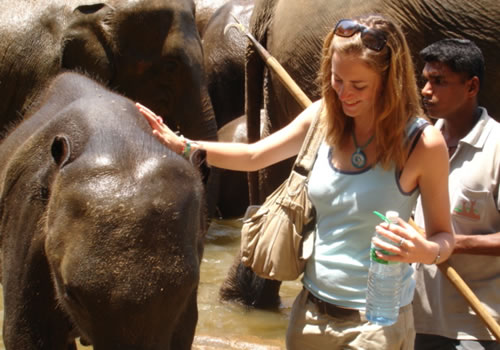
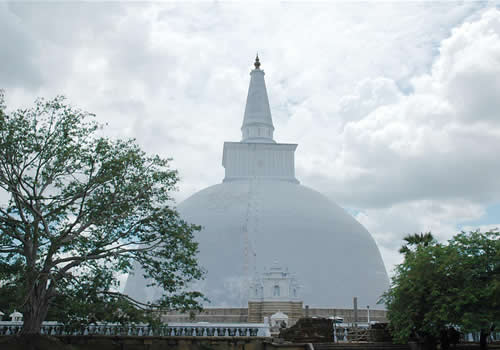
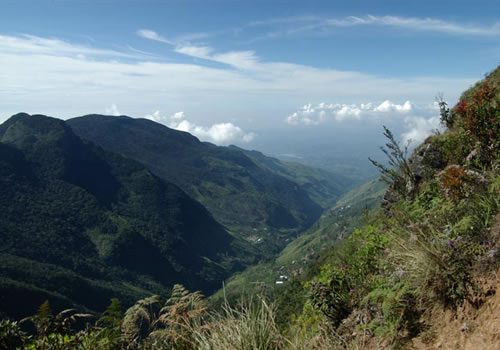



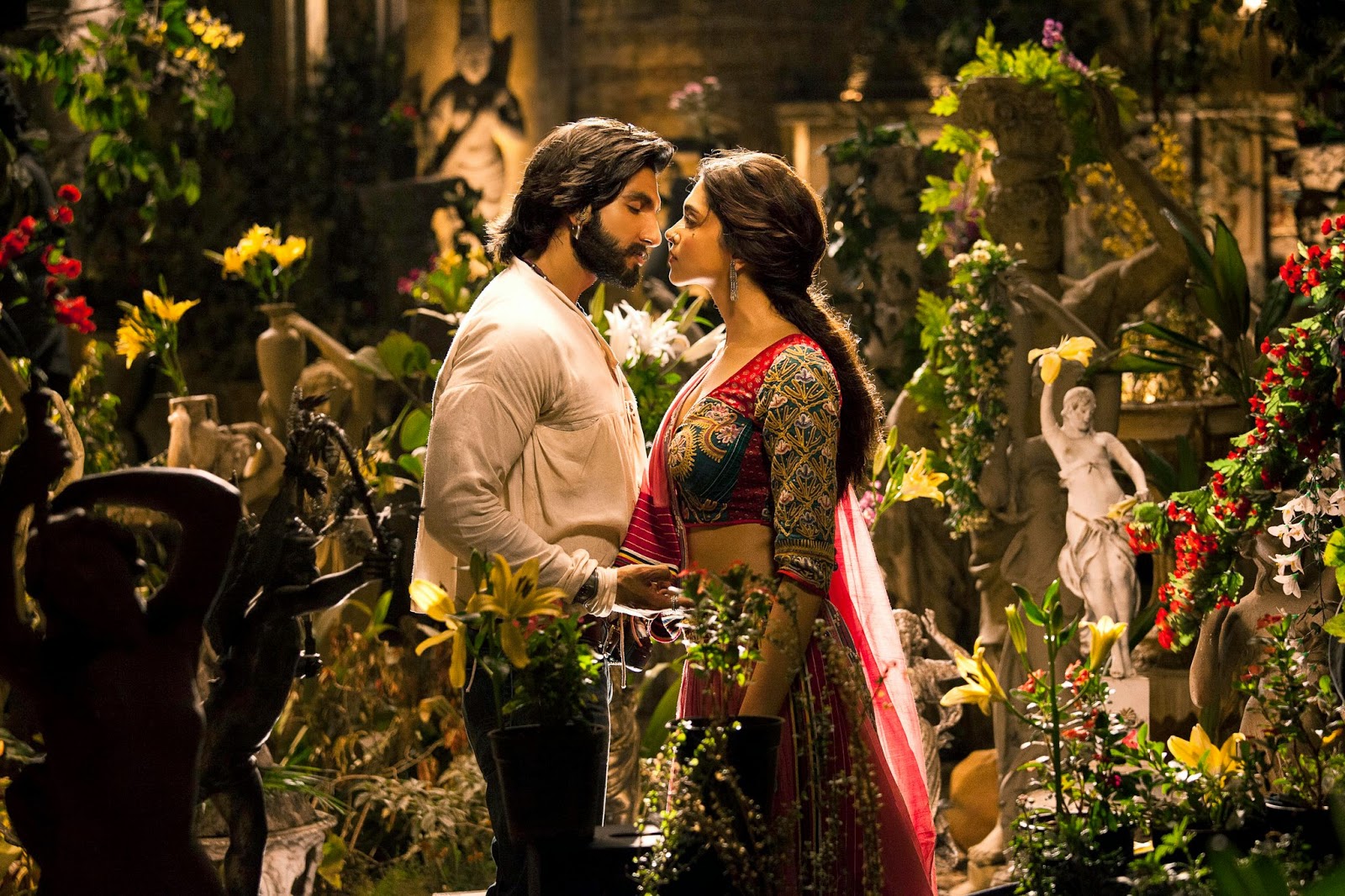


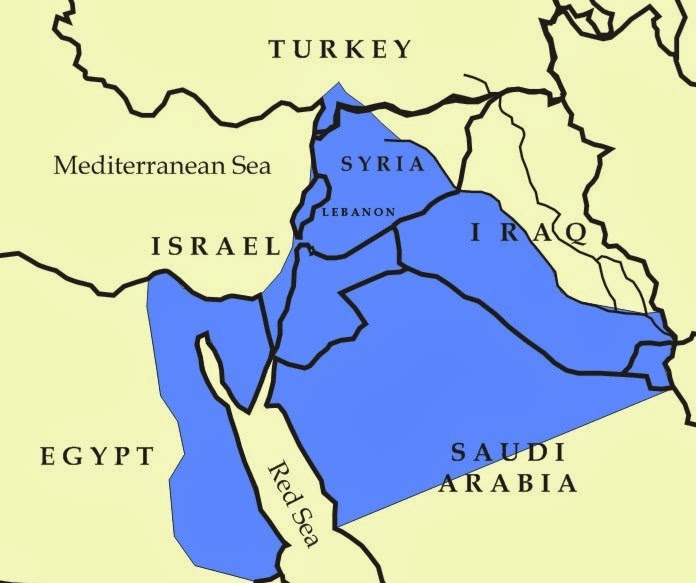
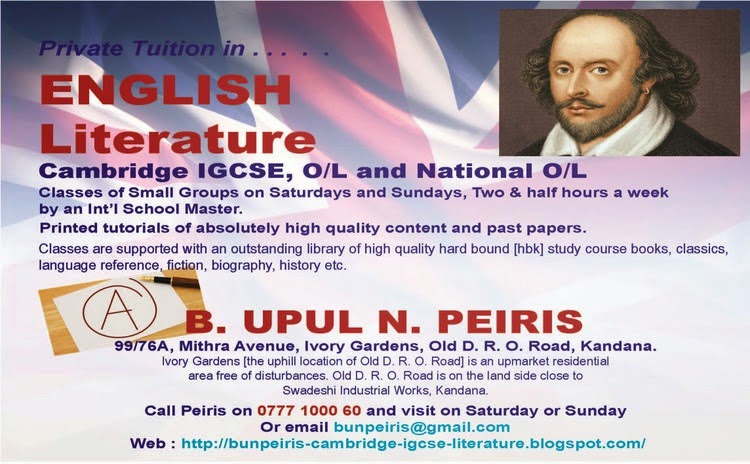
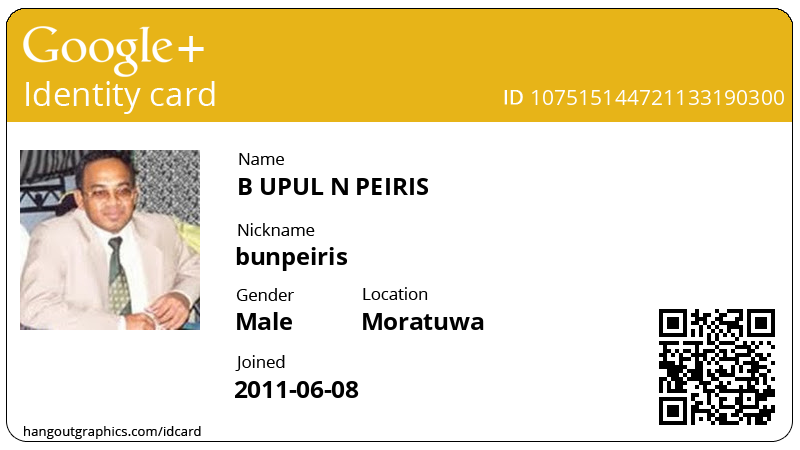









.jpg)
























